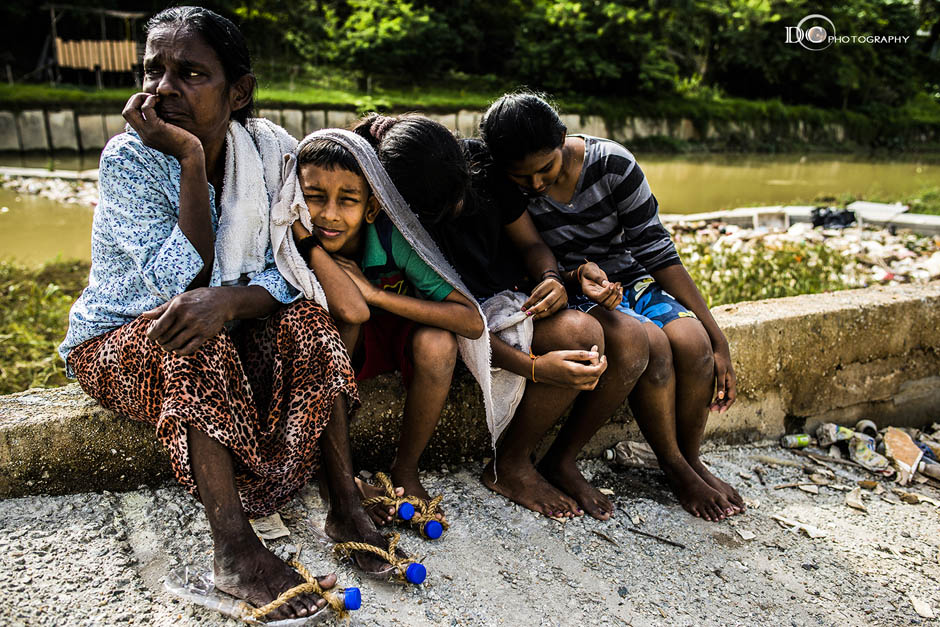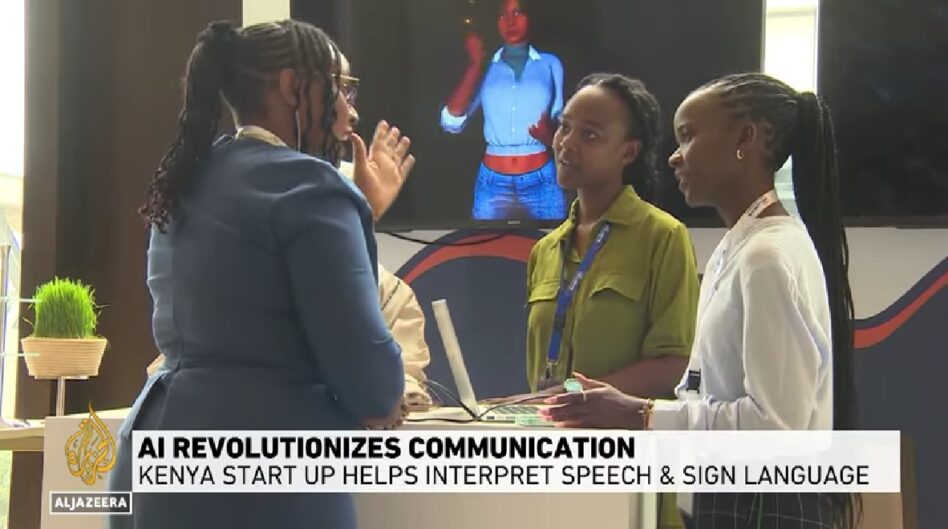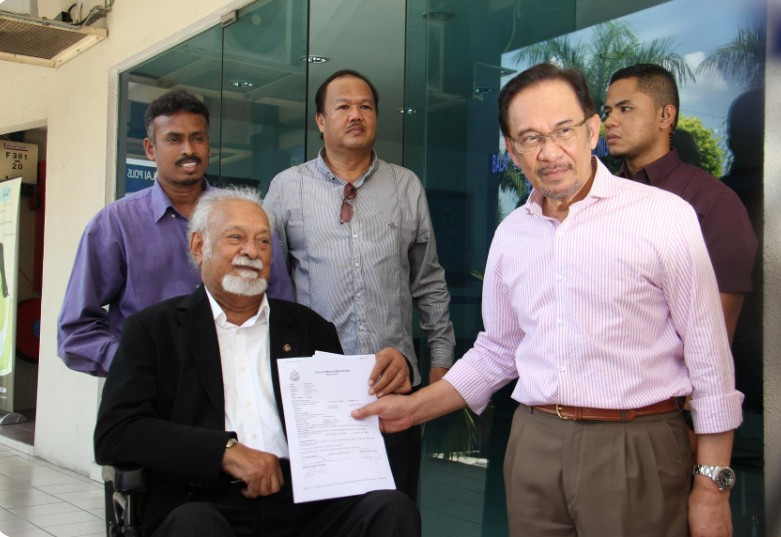LET’S face it. If not for Datuk Seri Ahmad Zahid Hamidi, Datuk Seri Anwar Ibrahim wouldn’t be Prime Minister (PM) today.
Granted Anwar’s Pakatan Harapan (PH) won the most seats, but Zahid was instrumental in tipping the scale. It was a marriage of convenience between two sworn enemies to form this ‘unity’ government, but the scale can tip either way depending on how Zahid wants to behave. So what Zahid says or does is closely watched and analysed.
Fresh from the Cabinet directive to terminate all political appointments in government linked entities, Zahid announced on Dec 16 the re-appointment of Datuk Ahmad Jazlan Yaakub as FELCRA chairman because of popular support as he says. Anwar had to intervene saying the appointment is postponed pending an overall review of such appointments.
On Dec 24, Zahid announced the appointment of Datuk Seri Ramesh Rao as his special officer in charge of Indian affairs. Of course this irked the other Indian political leaders who pointed to his controversies and service record to the Indian community. Ramesh, a staunch Anwar critic, apologised and now says Anwar is a god-sent PM, who has brilliant ideas to rebuild the country.
However, unlike appointments to government linked entities, Zahid as like any other minister has much leeway to appoint his trusted officers subject to service requirements. I believe what rattled other Indian leaders is his designation as in charge of Indian affairs. When only one Indian minister was appointed, Human Resources Minister V. Sivakumar rightfully defended that Indian affairs should be the concern of all ministers, and there was expectation that it will be helmed by the Prime Minister himself.
In any case, I am not interested in all these political machinations, but want to ask a basic question. Under the present circumstances why should the Indians be poor? To be categorized as poor or disadvantaged will of course draw in government financing and support, and therefore political leaders want to seek the much coveted title of “in charge of Indian affairs”.
Double minimum wage but no takers
What I narrate here is based on my personal experience, and I am sure many will relate to it. About seven years ago, I left my professional career assignments and decided to spend quality time for myself in my hometown, working on my 15-acre farm. I thought labour should not be an issue, considering the many Indians who are jobless and living in poverty.
I was looking for farm machinery to clear my land, and noticed most of the skilled operators are Indians working for “taukes“. And these taukes don’t want to take on small jobs like mine.
From these skilled operators, I learned they were only paid about RM80 a day, yet they bring in much revenue from the work they do.
After much discussion, I spent a few hundred thousand ringgit buying these machines. I paid them RM150 a day, and they could share in the profit of any jobs they acquired.
Seven years later, after hiring about 10 operators and incurring heavy losses, I decided to mothball the machines. You can probably guess what happened.
In the last few years, because of the foreign labour crunch, many sectors, such as agriculture, commerce, construction, retailing, and restaurants, have been crying out for workers.
We read daily reports about restaurants offering up to RM2,500 per month; even local full-time maids, if one can get one, demand such salaries. Foreign carers charge as much as RM3,000 for basic services, and the price escalates depending on the time and services provided. Now they are charging by the hour.
Just this past week in my neighbourhood, I witnessed a foreign national demanding RM600 as labour charges to pave with cement the front portion of a single-story linked terrace house, measuring 20 feet by 6 feet. He was so much in demand that he completed five jobs and earned RM3,000 in just one week, working alone.
I am still looking for local workers, offering up to RM2,500 per month plus benefits, but there are no takers. If anyone thinks this is a dirty, dangerous, and demeaning job, this is the job I have been doing for the last seven years.

So did any of these Indian leaders ask themselves why Indians should be jobless or underpaid and poor rather than singing the same old mantra that Indians need help to improve themselves? In fact, why should they, when one looks at the amount of money the governments spend on Indians alone?
Indian aid squandered
It was reported that MIC, the doyen of the Indian community, reportedly received RM900 mil for the development of Tamil schools, RM100 mil for Indian places of worship, and RM1.3 bil for the implementation of the Malaysian Indian Blueprint since Najib became prime minister in 2009.
It was also reported that 22 company managers were nabbed by Malaysian Anti-Corruption Commission (MACC) over the mismanagement of funds issued by the Malaysian Indian Transformation Unit (MITRA). And don’t get me started on the late Tun Dr Samy Vellu era, where even RM100 mil of poor people’s money was mismanaged through MAIKA Holdings.

So as usual, in this new government, political leaders shedding tears for the ‘improvised’ Indians are fighting for that pot of gold, which turns into scrap metal in the hands of the beneficiaries. And that means Indians, either by their own doing or in anticipation of government aid, needed to be kept “poor”, with most research justifying such a sorry state of affairs.
But by some strange act of karma, 15th General Election has seen Malaysian Indian Congress and Barisan Nasional routed by the Indians whom they claim to represent and have helped for over half a century.
Maybe there is an awakening among the Indian community that says enough is enough and it is time to bet on PH. There seems to be some reformation in the minds of the Indian community, but not among their political leaders.
Both Anwar and Zahid need to keep the Indian minority group in their fold to counter the “green wave” and bolster their support base. But Zahid seems to be spooking the Indian community by appointing a controversial character, and Anwar may need to intervene again to pacify the Indians. A case of “pillow-fighting”?
My suggestion is that we not get into the same old model of putting Indian leaders in charge of Indian affairs. If Anwar believes in targeted, needs-based aid, then only Indians who are disadvantaged, disabled, elderly, or sick should be given aid. And such aid should be delivered directly through the grassroots civil society organisations that are working with these people but not getting sufficient financing.
This will ensure 90% of government aid reaches the recipients, compared to general allocations managed by political organisations and government agencies. I can bet the budget allocation can be reduced by half compared to previous years. Certainly there won’t be any more political rivalry among Indian leaders.
And those who are able-bodied, tell them to go find a job and not be choosy. This is what I tell them when they approach me for all kinds of donations.
Nonetheless, I am not optimistic about this “unity” but frail government. The appointment of Ramesh is a start. Brickbats will continue among rival Indian leaders.
In the meantime, I am still looking for a couple of local workers to hire at twice the minimum wage without any government subsidy to top them off. Any race is welcome. — Dec 29, 2022
Raman Letchumanan is a former senior fellow at the Nanyang Technological University of Singapore, a former director at the Ministry of Science, Technology and Environment, and a former head of environment/disaster management at the Asean Secretariat in Jakarta. Contact: [email protected].
The views expressed are solely of the author and do not necessarily reflect those of Focus Malaysia.
Main photo credit: varnam.my









